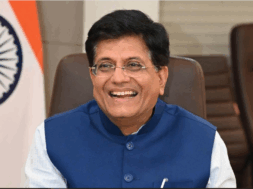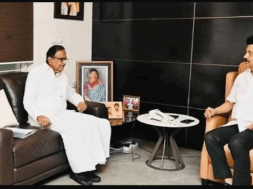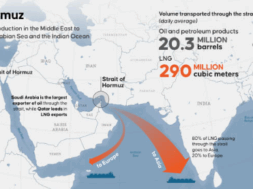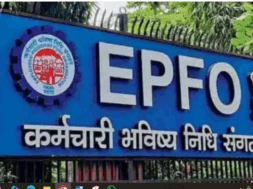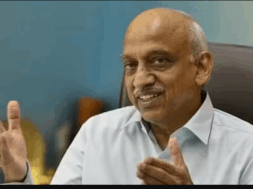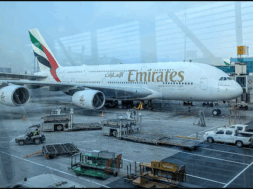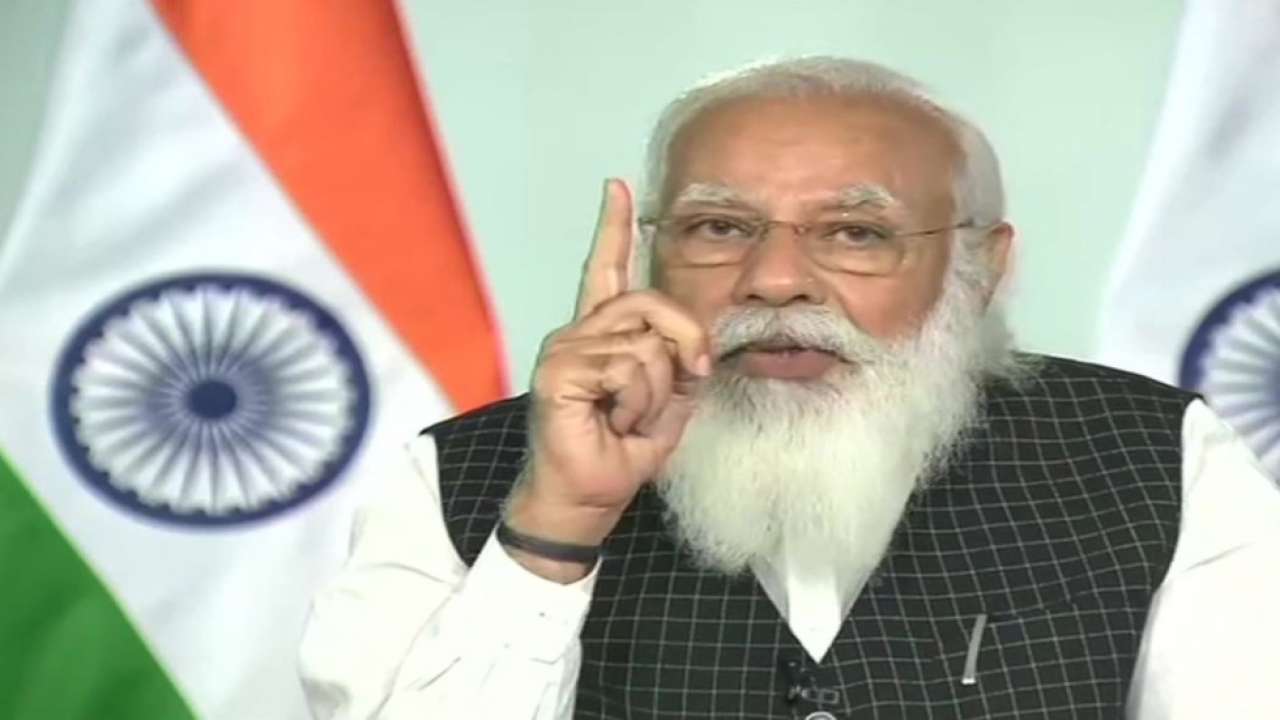
NEW DELHI, Apr 30: The Prime Minister Narendra Modi on Friday asked Ministers to reach out to people in their respective regions to help them and gather feedback regarding the ongoing second wave of COVID-19 in the country.
Modi chaired the virtual meeting held via video conferencing of the council of ministers to discuss the situation arising out of the second wave of coronavirus disease (Covid-19) pandemic. The ministry of information and broadcasting said that Niti Aayog member (health) VK Paul made a presentation on the management of the Covid-19 pandemic.
An Information and Broadcasting ministry spokesman said the meeting noted that the current situation was “a once in a century crisis” that had thrown a big challenge for the world. “PM Narendra Modi said all arms of the government are working unitedly and rapidly to deal with the situation. He also urged the Ministers to stay in touch with people of their respective regions, help them and keep getting their feedback. He stressed upon the need to ensure that issues at the local level are promptly identified and addressed,” the spokesman said.
The Ministers reviewed the efforts made by the Central and state governments and the people of India over the past 14 months, it said.
“The Council of Ministers also stressed the importance of COVID appropriate behaviour– wearing a mask, keeping physical distance of 6 feet and washing hands frequently. The Council reiterated that the participation of society is a key aspect to accomplish the gigantic task ahead and expressed confidence that the country will rise to the occasion and defeat the virus,” the government statement said.
The meeting was held on a day when India was witnessing an unprecedented health crisis amid a continued rise in Covid-19 cases and deaths. The ministry of health and family welfare on Friday morning announced that India recorded 3,86,452 new cases of Covid-19 and 3,498 related deaths in the last 24 hours. The official data suggests that Maharashtra witnessed the maximum daily casualties with 771 deaths, followed by Delhi with 395 deaths.
The I&B ministry said the efforts by the Central government in coordination with the states to overcome the infrastructure challenges were briefed during the meeting.
Meanwhile, the union health ministry said the states have been asked to audit oxygen consumption even in private hospitals while the Centre is ramping up efforts to increase the supply amid the Covid-19 crisis. Briefing about the “concerning” developments of the pandemic situation of the country, the ministry said the second wave of Covid-19 is five times the peak in the first wave in Rajasthan and Uttar Pradesh, 4.5 times in Chhattisgarh and 3.3 times in Delhi.
Goa is witnessing the highest case growth rate of 10.9 per cent, followed by Odisha with a growth rate of 8.1 per cent. In the last four weeks, Uttar Pradesh and Kerala have become the worst-affected states in terms of daily new cases. Delhi, Gujarat and Uttar Pradesh have also turned to be emerging states of concern due to the rise in average daily deaths.
Citing the examples of countries like the US and Brazil the health ministry said measures like containment, Covid-appropriate behaviour and vaccination can help manage the situation.
On the shortage of medical oxygen in the country, the ministry said the industrial use of oxygen has been prohibited from April 22 except for certain specified industries. This will increase at least 1,000 MT of additional oxygen availability, as per the ministry. The ministry listed other measures to ensure adequate oxygen supply like the placement of orders for 127,000 oxygen cylinders on April 21, their deliveries are expected by April end, railways are also operating Roll on – Roll Off (RORO) service for long-distance transportation of oxygen tankers and sanctioning of additional 500 PSA plants to be installed by the Development Research and Defence Organisation (DRDO) are some of many other.
“Efforts are being made to increase the availability of oxygen tankers to more than 2,000 ( from existing 1,224 oxygen tankers with 16,732 MT capacity) through conversion of 50% of existing Nitrogen and Argon tankers (~ 600 tankers) and through the import of 138 cryogenic tankers for oxygen,” the ministry said on increasing the production of life-saving oxygen.
As the healthcare infrastructure of the country is overwhelmed by a load of the second wave, the ministry asked the states to ensure rational use of oxygen, prohibit abnormal use by monitoring non-closure of the valve during no-use, unnecessary oxygen administration to patients who may not require it clinically and to monitor private health facilities which push oxygen cylinders as part of Covid-19 home care package.
(Manas Dasgupta)

